We’ll keep pummeling people with facts that leave out context
In 2022, I want to believe that the national media will finally take its role as a pillar of democracy seriously. But frankly, I doubt it. Coverage will continue to perpetuate the erosion of social norms, of human rights, and of democracy. Political media will continue to use false equivalency, problematic images, and the perpetual belief that objectivity is white, male, and affluent. Climate change will continue to get short shrift because it’s too technical, it’s too scary, it’s not sexy.
Articles pontificating on who’ll win the midterm elections will bury the largest threat to human life on this planet. That coverage will ignore the meat of policies — whether policies will hurt or improve the lives of people in this country — in favor of the horse race. It will continue to perpetuate the notion that what matters is who wins, not the impact that policies will actually have on people.
There will be allegedly neutral articles that drip with derision at the idea that the government has a responsibility to the wellbeing of its citizens. This concept will remain beneath those who see the role of journalism as being above it all. The public will continue to be told to care about Biden’s Peloton and that Harris eschews Bluetooth headphones in slanted stories that paint real security risks as phobias. Meanwhile, stories on policies that actually affect people’s lives will be told in sweeping terms that are difficult to parse. As a result, citizens will feel a certain way about elected officials unrelated to those officials’ actions.
I know that things will continue this way because I’ve spent the past year and a half — as has almost every reporter I know who covers climate — looking, with rising despair, at the way many national media organizations handled Covid-19 reporting.
Here was a massive problem — a global problem — with visible cause and effect. But at every turn, much of the national media chose to sensationalize when they should have been a mollifying voice, to muddy the waters instead of clarifying. They chose to center calls to “open up” — some the result of coordinated astroturf campaigns — even as the vast majority of people in the United States wanted things to remain closed. If we can’t give clear, accurate messages about something as transparent as an infectious disease, what hope do we have for the complexity of climate change?
This is where I’m supposed to note that there are people out there doing good work — and there are. But not enough to be a bulwark against a system that continues to treat democracy as a spectator sport.
News reports rarely tell us when public comment periods on bills are open, so the public can weigh in. They tell us about school board takeovers, often funded by special interests. But how often is the public — that is, those without entrenched financial interests — told how they can run for school board?
And our industry doesn’t just avoid telling the public about their government and how they can affect it. We often see the act of telling our audiences these things as somehow not objective. We rarely explain the structures of our democracy in ways that let people see how to interact with it, which leaves it instead in the hands of special interests who can bankroll their perspectives, even when they’re actively harmful. Millions of people in this country live downwind of polluting plants, or live in communities that foster ill health because they have been systemically denied full participation in this country’s democratic structures and processes, and the news media has played a role in that. It’s no wonder that democracy in the United States is eroding.
All of this is happening against the ticking clock of climate change. Each day’s delay means more severe weather — worsening hurricanes, floods, wildfires, heat waves, crop loss. It’s not just that the U.S. is falling; it’s that we threaten to bring the world down with us. Little of the gravity of what we’re facing makes it into everyday news coverage in a way that would allow us to have real conversations as a country on how to chart a way forward. Instead, each day, we as an industry — to borrow from John Nichols and Robert McChesney’s book Tragedy and Farce — pummel people with facts, but not the context to make sense of them.
In short, I expect 2022 to be much like 2021…only worse.
Kendra Pierre-Louis is senior climate reporter with the Gimlet podcast How to Save a Planet.

In 2022, I want to believe that the national media will finally take its role as a pillar of democracy seriously. But frankly, I doubt it. Coverage will continue to perpetuate the erosion of social norms, of human rights, and of democracy. Political media will continue to use false equivalency, problematic images, and the perpetual belief that objectivity is white, male, and affluent. Climate change will continue to get short shrift because it’s too technical, it’s too scary, it’s not sexy.
Articles pontificating on who’ll win the midterm elections will bury the largest threat to human life on this planet. That coverage will ignore the meat of policies — whether policies will hurt or improve the lives of people in this country — in favor of the horse race. It will continue to perpetuate the notion that what matters is who wins, not the impact that policies will actually have on people.
There will be allegedly neutral articles that drip with derision at the idea that the government has a responsibility to the wellbeing of its citizens. This concept will remain beneath those who see the role of journalism as being above it all. The public will continue to be told to care about Biden’s Peloton and that Harris eschews Bluetooth headphones in slanted stories that paint real security risks as phobias. Meanwhile, stories on policies that actually affect people’s lives will be told in sweeping terms that are difficult to parse. As a result, citizens will feel a certain way about elected officials unrelated to those officials’ actions.
I know that things will continue this way because I’ve spent the past year and a half — as has almost every reporter I know who covers climate — looking, with rising despair, at the way many national media organizations handled Covid-19 reporting.
Here was a massive problem — a global problem — with visible cause and effect. But at every turn, much of the national media chose to sensationalize when they should have been a mollifying voice, to muddy the waters instead of clarifying. They chose to center calls to “open up” — some the result of coordinated astroturf campaigns — even as the vast majority of people in the United States wanted things to remain closed. If we can’t give clear, accurate messages about something as transparent as an infectious disease, what hope do we have for the complexity of climate change?
This is where I’m supposed to note that there are people out there doing good work — and there are. But not enough to be a bulwark against a system that continues to treat democracy as a spectator sport.
News reports rarely tell us when public comment periods on bills are open, so the public can weigh in. They tell us about school board takeovers, often funded by special interests. But how often is the public — that is, those without entrenched financial interests — told how they can run for school board?
And our industry doesn’t just avoid telling the public about their government and how they can affect it. We often see the act of telling our audiences these things as somehow not objective. We rarely explain the structures of our democracy in ways that let people see how to interact with it, which leaves it instead in the hands of special interests who can bankroll their perspectives, even when they’re actively harmful. Millions of people in this country live downwind of polluting plants, or live in communities that foster ill health because they have been systemically denied full participation in this country’s democratic structures and processes, and the news media has played a role in that. It’s no wonder that democracy in the United States is eroding.
All of this is happening against the ticking clock of climate change. Each day’s delay means more severe weather — worsening hurricanes, floods, wildfires, heat waves, crop loss. It’s not just that the U.S. is falling; it’s that we threaten to bring the world down with us. Little of the gravity of what we’re facing makes it into everyday news coverage in a way that would allow us to have real conversations as a country on how to chart a way forward. Instead, each day, we as an industry — to borrow from John Nichols and Robert McChesney’s book Tragedy and Farce — pummel people with facts, but not the context to make sense of them.
In short, I expect 2022 to be much like 2021…only worse.
Kendra Pierre-Louis is senior climate reporter with the Gimlet podcast How to Save a Planet.
Laxmi Parthasarathy

Jody Brannon

Chase Davis

Catalina Albeanu

Meena Thiruvengadam
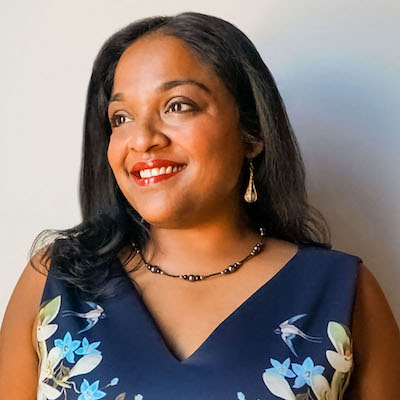
Michael W. Wagner

Tony Baranowski

Sarah Stonbely

Moreno Cruz Osório

Zizi Papacharissi

Daniel Eilemberg

Matt DeRienzo

AX Mina

Christina Shih

Jennifer Brandel

Stefanie Murray

Rasmus Kleis Nielsen

Joshua P. Darr

Larry Ryckman

Brian Moritz

Candace Amos
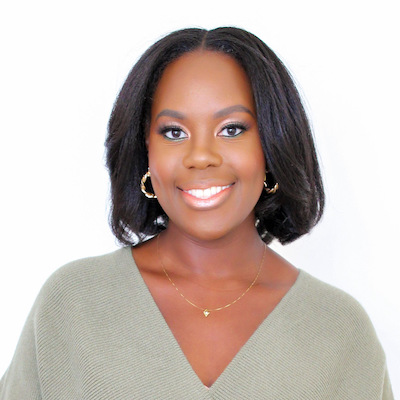
Jesenia De Moya Correa
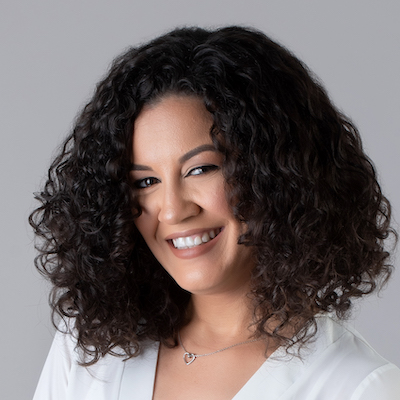
Christoph Mergerson
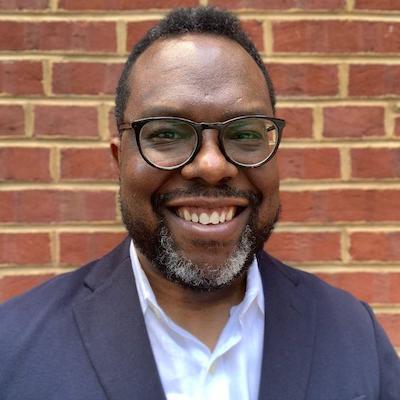
Parker Molloy

Kristen Muller

Simon Allison

Cristina Tardáguila

Don Day

Kristen Jeffers

Gonzalo del Peon

Tamar Charney

Izabella Kaminska

Kerri Hoffman
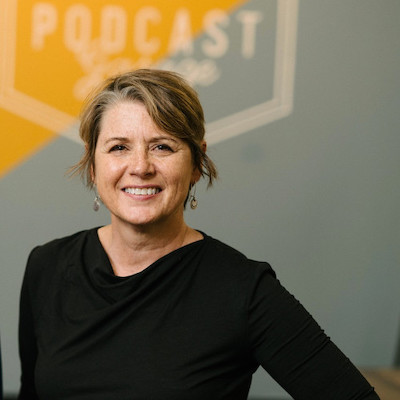
Burt Herman
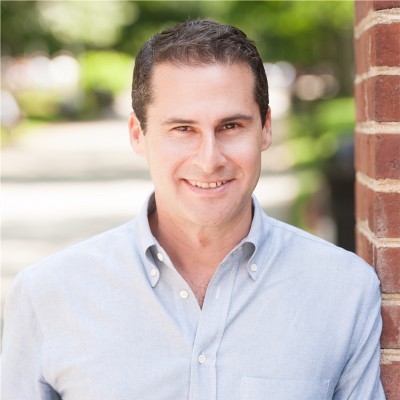
Robert Hernandez

Sam Guzik

Wilson Liévano
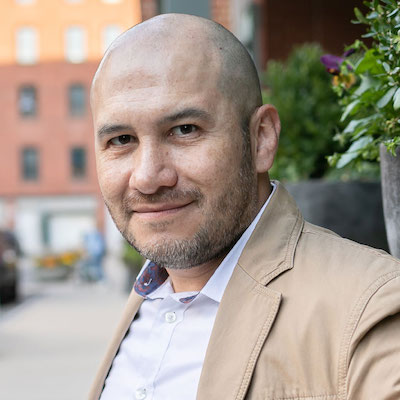
Juleyka Lantigua

Tom Trewinnard

James Green

Matthew Pressman

Millie Tran

Paul Cheung

Whitney Phillips

Ståle Grut

Janelle Salanga

Errin Haines

j. Siguru Wahutu
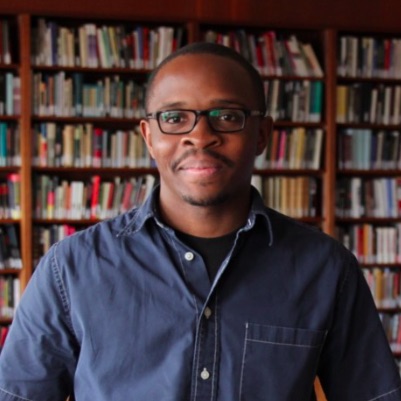
A.J. Bauer

Jim Friedlich

Nikki Usher

Amara Aguilar

Natalia Viana

Shalabh Upadhyay

Ariel Zirulnick

Doris Truong

Megan McCarthy

Raney Aronson-Rath

Amy Schmitz Weiss
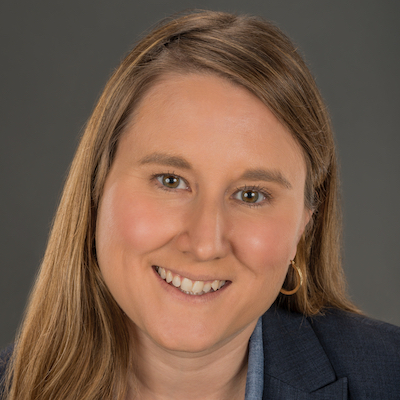
Julia Munslow

S. Mitra Kalita
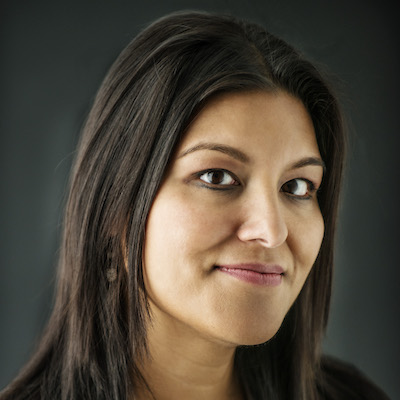
Sarah Marshall

Cindy Royal

Kathleen Searles Rebekah Trumble

Matt Karolian

Joe Amditis

Anita Varma

Kendra Pierre-Louis

Simon Galperin

Mandy Jenkins

Julia Angwin

Gordon Crovitz

Shannon McGregor Carolyn Schmitt

Melody Kramer

John Davidow

Cherian George
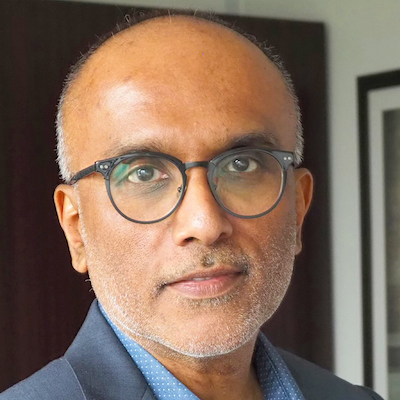
Jesse Holcomb

Stephen Fowler

Andrew Freedman

Anika Anand

Francesco Zaffarano

Victor Pickard

Alice Antheaume

Richard Tofel

Joanne McNeil

Eric Nuzum

Jonas Kaiser

Jennifer Coogan

Joni Deutsch

David Cohn

Jessica Clark

David Skok
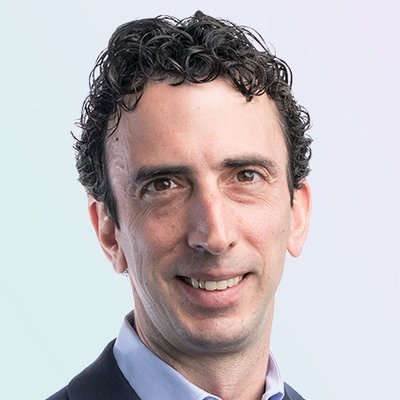
Anthony Nadler

Mario García
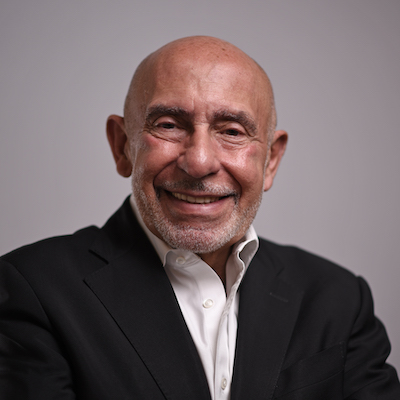
Joy Mayer

Mike Rispoli

Chicas Poderosas

Rachel Glickhouse

Gabe Schneider

Mary Walter-Brown
